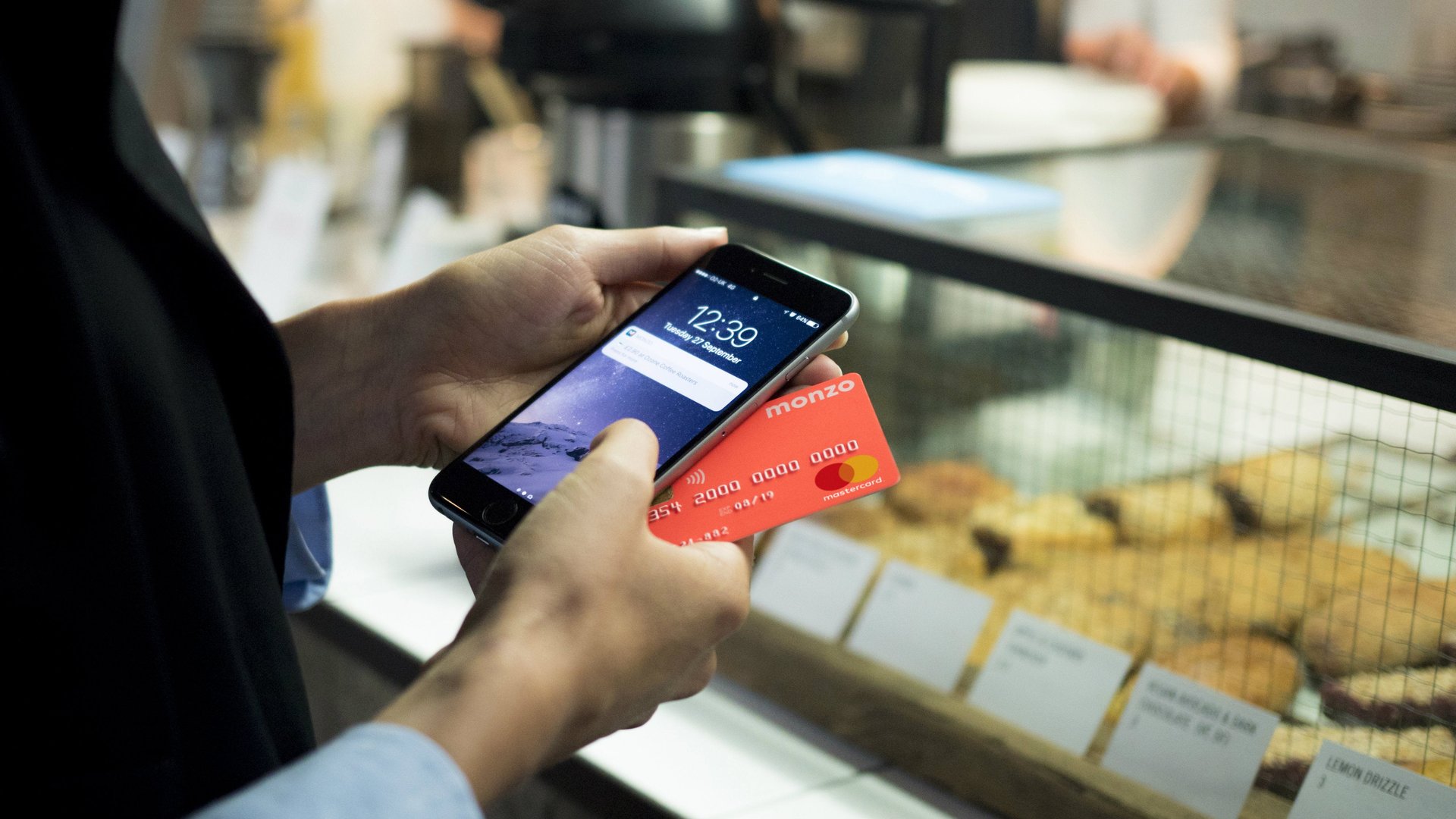A London startup has managed to make banking cool among hipsters
When he started a restaurant in east London about a year ago, Greg Kirk noticed many customers were using fluorescent orange payment cards. The color and widespread popularity of the cards picked his interest: “I wanted to know what was going on,” says Kirk, the bearded owner of the Grand Howl, who now has his own Monzo card that’s linked to a mobile phone app. By his reckoning, about 60% of the customers at his vegetarian cafe and coffee shop use cards from Monzo, an upstart digital bank in the UK.


When he started a restaurant in east London about a year ago, Greg Kirk noticed many customers were using fluorescent orange payment cards. The color and widespread popularity of the cards picked his interest: “I wanted to know what was going on,” says Kirk, the bearded owner of the Grand Howl, who now has his own Monzo card that’s linked to a mobile phone app. By his reckoning, about 60% of the customers at his vegetarian cafe and coffee shop use cards from Monzo, an upstart digital bank in the UK.
Monzo’s popularity is something established financial firms should envy, even if it remains to be seen whether fintech startups will ever rival the big banks. (Monzo’s cachet is such that it is reportedly used in pick-up lines between London hipsters.) The company, which says it’s aiming for 1 billion customers, so far has about 470,000 users, up from 120,000 some nine months ago. It started as a phone app with whizzy spending notifications and analytics. Now, it’s a regulated bank and is rolling out checking accounts to customers. It’s only available for UK residents at the moment; 37% of its customers are in London.
Monzo has a lot of competition. German startup bank N26 just announced that it’s coming to the UK, the latest “challenger bank” to enter the country. And if you believe big tech firms are the real competition for the banking industry, it’s worth noting that Facebook Messenger is launching peer-to-peer payments in Britain.
Companies like Monzo need to scale up and survive long enough to make money by expanding their services. Customers, meanwhile, are used to digital newcomers providing things for free—one of the things people like about upstarts like Monzo or Revolut is that they don’t charge foreign-exchange fees on spending in other currencies.
The “free things” strategy already hit one barrier for Monzo: the bank recently said it will introduce ATM charges for customers spending more than £200 a month abroad. (The company held a public vote on the decision.) But its expansion continues apace, with a fresh investment round of £71 million ($93 million) from new investors announced today, valuing the bank at £280 million.
Monzo’s fundraising is also a window into individual investors’ relationship with markets. Passive investing via index trackers and exchange-traded funds has caught on as people realize how devilishly difficult it is to bet on the right stock. Investing in specific companies remains fashionable, however, via crowdfunding: Last year, Monzo raised £1 million in 96 seconds from retail investors, and it set aside £1.5 million in its latest round to allow existing crowdfunders to increase their holdings in the company. Monzo says more than 8,000 people have invested in the firm through crowdfunding, and most are also customers.
Buying equity in individual companies—especially young, unlisted firms—is a risky proposition. In Monzo’s case, retail backers are, in part, buying into the company’s potential to antagonize traditional banks. In the aftermath of the Great Depression, bank robbers were beloved by a public that resented the financial industry. A decade on from the most recent global financial crisis, fintech startups are tapping into a rebel spirit, taking on incumbents as their (legal) successors.
“Let’s get rid of the old institutions,” Kirk says.